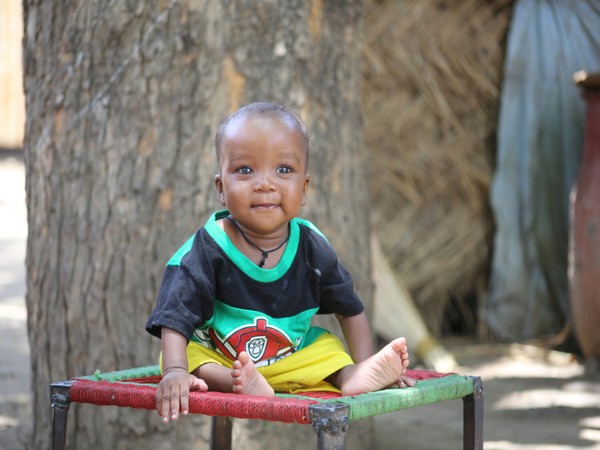
New Delhi: United Nations Inter-agency Group for Child Mortality Estimation (UN IGME) report stated that significant achievement has been highlighted in reduction of childhood mortality and stillbirth in India, a statement said.
India is among the top performer countries with reduction in mortality and stillbirth rates.
As per UNIGME 2024 report, between 2000 and 2023, India achieved a 70 per cent decline in the under-five mortality rate and 61 per cent decline in the neonatal mortality rate.
As per the UNIGME Stillbirth report 2024, India's reduced 60.4 per cent in between 2000-2023 in comparison to 37 per cent global reduction. India is on seventh position among the top 10 countries in highest reduction of stillbirths in the range of 60-70 per cent.
UNIGME is a collaborative effort led by UNICEF, WHO, the World Bank, and the United Nations Population Division. The UNIGME publishes data of 195 countries in its "Levels and Trends in Child Mortality" report annually. UNIGME report with the data for the period of 2023 is published on March 25.
The world has made remarkable progress in reducing child mortality. Since 2000, the global under-five mortality rate has fallen by 52 per cent, reflecting decades of investment and collaboration by governments, communities and partners, UNICEF stated.
Millions of children have survived and gone on to thrive thanks to proven, life-saving interventions. Yet, this year's United Nations Inter-agency Group for Child Mortality Estimation (UN IGME) estimates also make clear that progress is slowing - and that millions of children are still dying from preventable causes. In 2023, an estimated 4.8 million children died before the age of five, including 2.3 million newborns.
These deaths are not inevitable. They are the result of unequal access to health care, nutrition, and protection, especially in the most fragile and underserved settings, as per UNICEF.
Children face unequal chances of survival based on where they live, their socio-economic status and if they live in a fragile or conflict-affected setting, UNICEF said.